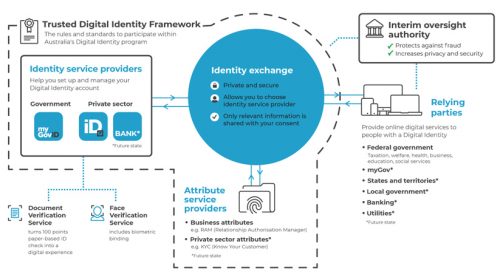Accurate news may be at stake with one-party consent ban facing Texas
By Lou Ann Anderson | Watchdog Arena
A bill before the Texas Senate Committee on Criminal Justice seeks to ban one-party consent for audio recordings and, instead, require the consent of all participating parties.
 Texas along with federal law currently allows conversations to be recorded with one person’s knowledge of the recording. Senate Bill 1223, sponsored by Sen. Paul Bettencourt, R-Houston, would instead have Texas join 12 other all-party consent states whose laws require all conversation participants to give consent to any recording.
Texas along with federal law currently allows conversations to be recorded with one person’s knowledge of the recording. Senate Bill 1223, sponsored by Sen. Paul Bettencourt, R-Houston, would instead have Texas join 12 other all-party consent states whose laws require all conversation participants to give consent to any recording.
“In the digital age where people record aspects of daily life, Texans should enjoy some expectation of privacy and SB 1223 will help ensure their freedom of expression without concern of being recorded without knowledge or approval,” Bettencourt said at a Tuesday hearing.
Testifying for the bill, Austin Attorney Steve Bresnen noted the Texas Code of Criminal Procedure definition of oral communication as meaning “an oral communication uttered by a person exhibiting an expectation that the communication is not subject to interception under circumstances justifying that expectation.”
People, Bresnen contended, have a “justifiable expectation that conversations will not be intercepted.”
Representing the Texas Association of Broadcasters, attorney Stacy Allen voiced opposition for the bill.
Discussing how the change would put Texas in a small minority of all-party states, Allen reminded, “Only 12 states require consent by all parties.”
“Included among those states are the likes of California, Connecticut and Massachusetts,” he continued. “States, I would submit, to which the people of Texas don’t often look for advice on public policy matters.”
He further reminded there is no reason to change this law and become an “outlier state” when the one-party position has been Texas law side 1968.
While one-party consent status is important in the newsgathering process for journalists using interview tapes to prepare and ensure accuracy in news reports, Allen stated “all Texans should have an interest in this bill.”
Hand-written notes are notoriously inaccurate, making anyone desiring an accurate record of a conversation subject to benefiting from the one-party law.
Be it meetings, teleconferences, or students recording lectures, Allen discussed practical situations in which average Texans might want to make a recording.
Other examples offered included people entering into oral agreements and wanting an audio record of the terms and conditions discussed as well as consumers filing or making complaints via phone with a company or state agency and wanting an accurate record of comments or other information offered in relation to their action.
The Texas Press Association and Freedom of Information Foundation of Texas also oppose SB 1223.
The Houston Police Department has also weighed in against the bill, but in closing the hearing, Bettencourt said he was working with the department to address its concerns.
Bettencourt also noted the other all-party states not mentioned by Allen: Delaware, Florida, Michigan, Pennsylvania, Montana, Illinois, Maryland, New Hampshire and Washington.
As the hearing closed, Sen. Jose Menendez, D-San Antonio, noted concerns over how the legislation might impact someone wanting to document evidence of domestic violence in their home. He cautioned not wanting to create a “victimization” of someone attempting to prove what’s going on in his or her household.
This article was written by a contributor of Watchdog Arena, Franklin Center’s network of writers, bloggers, and citizen journalists.










